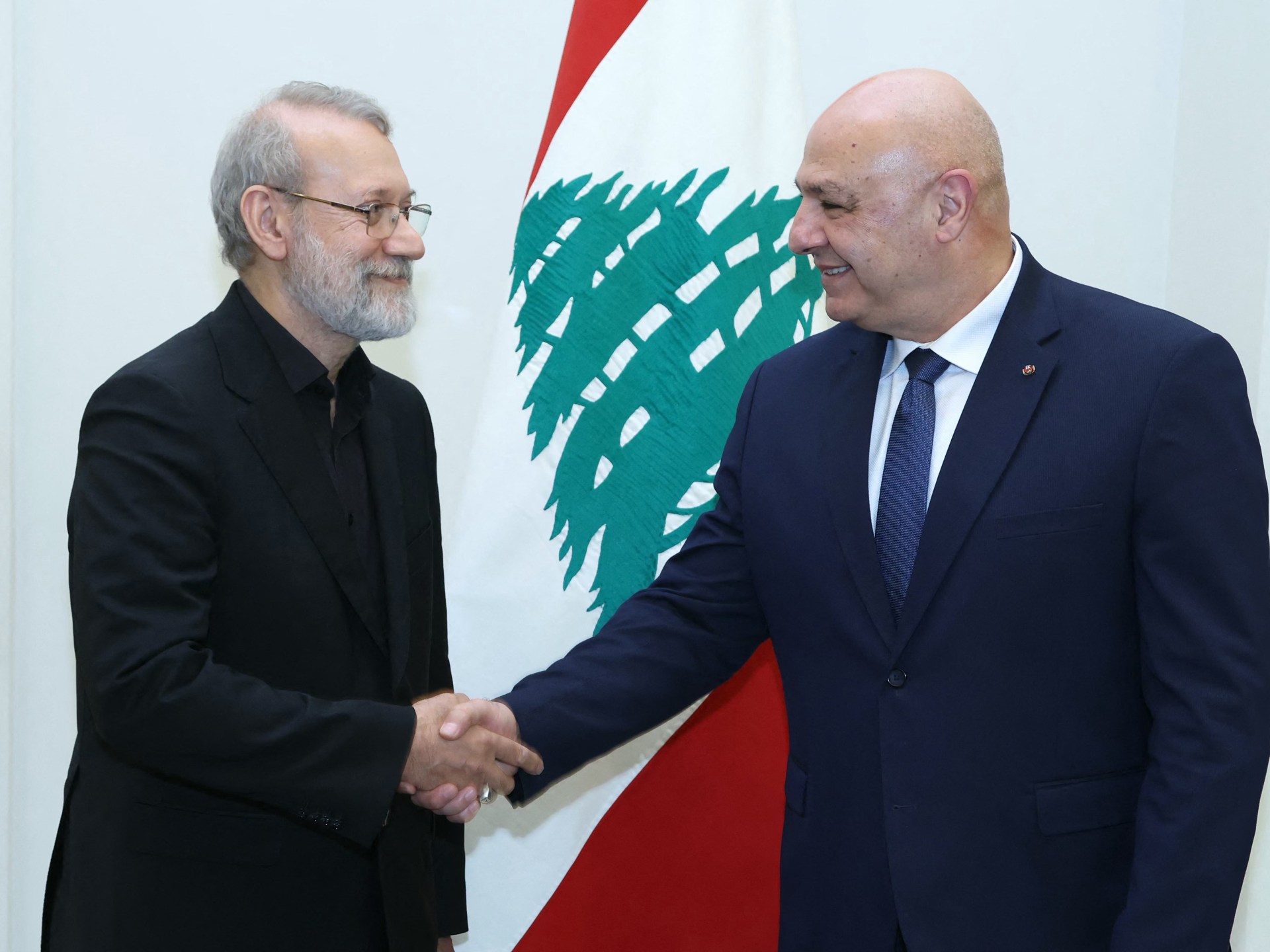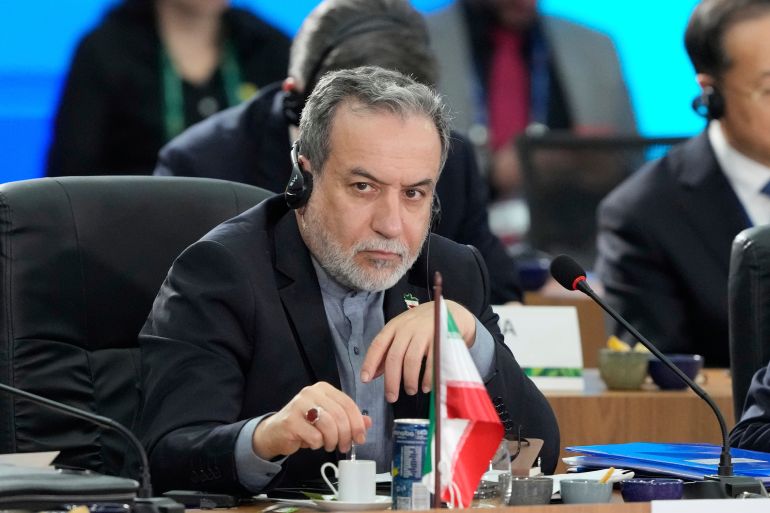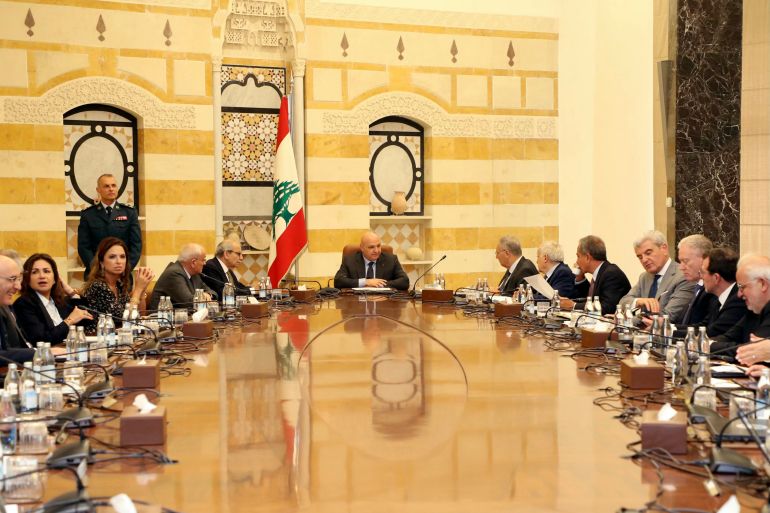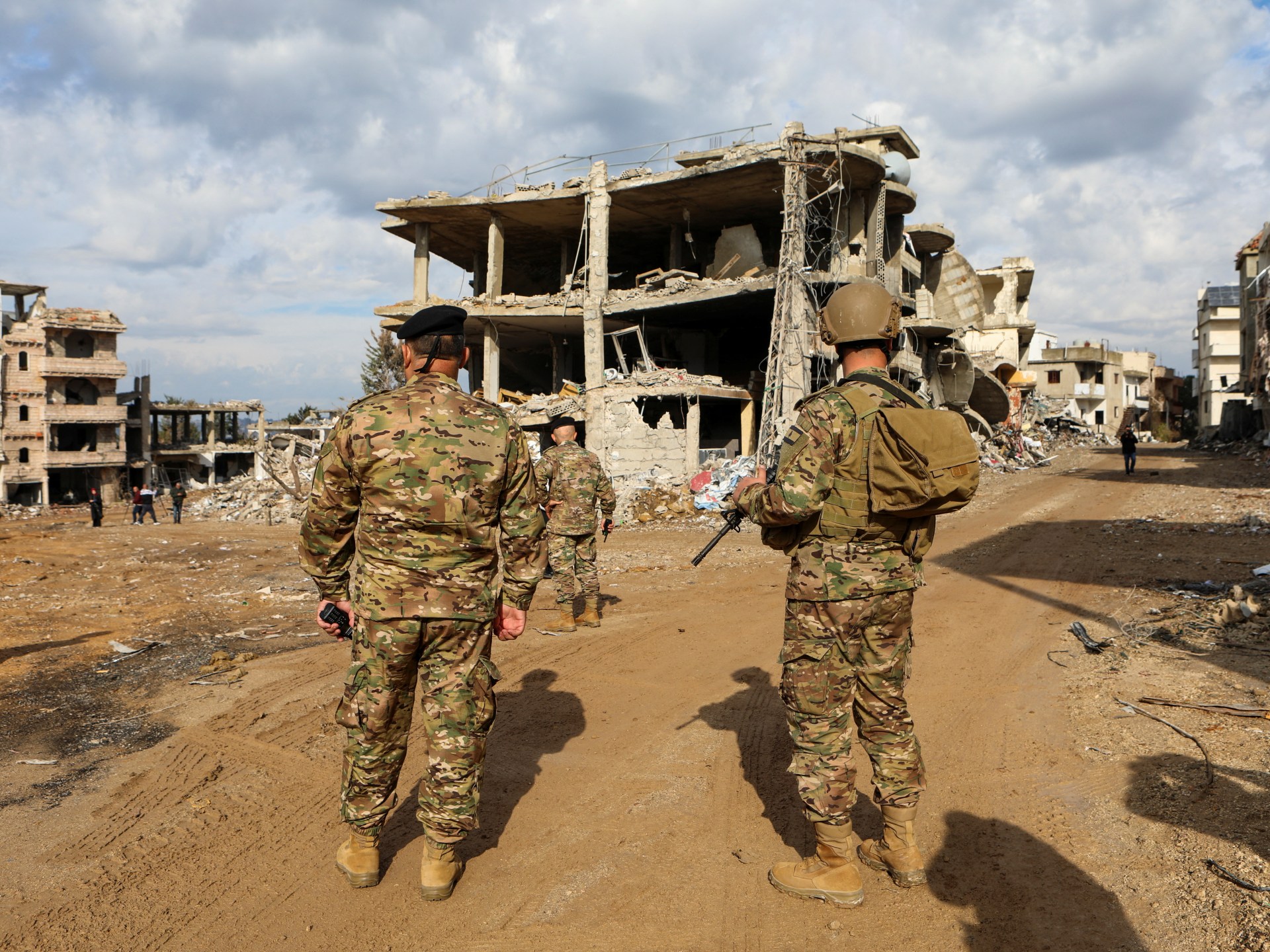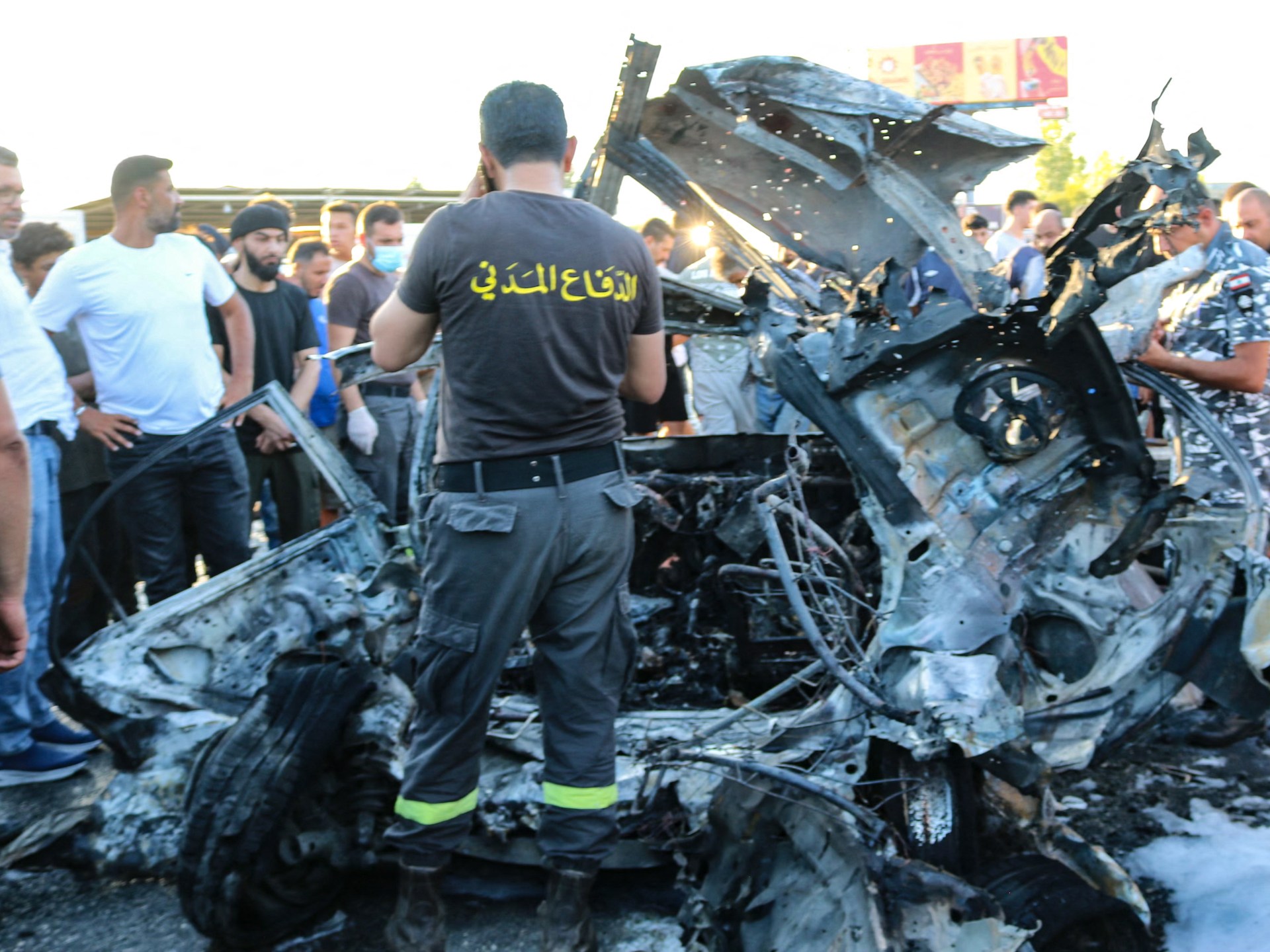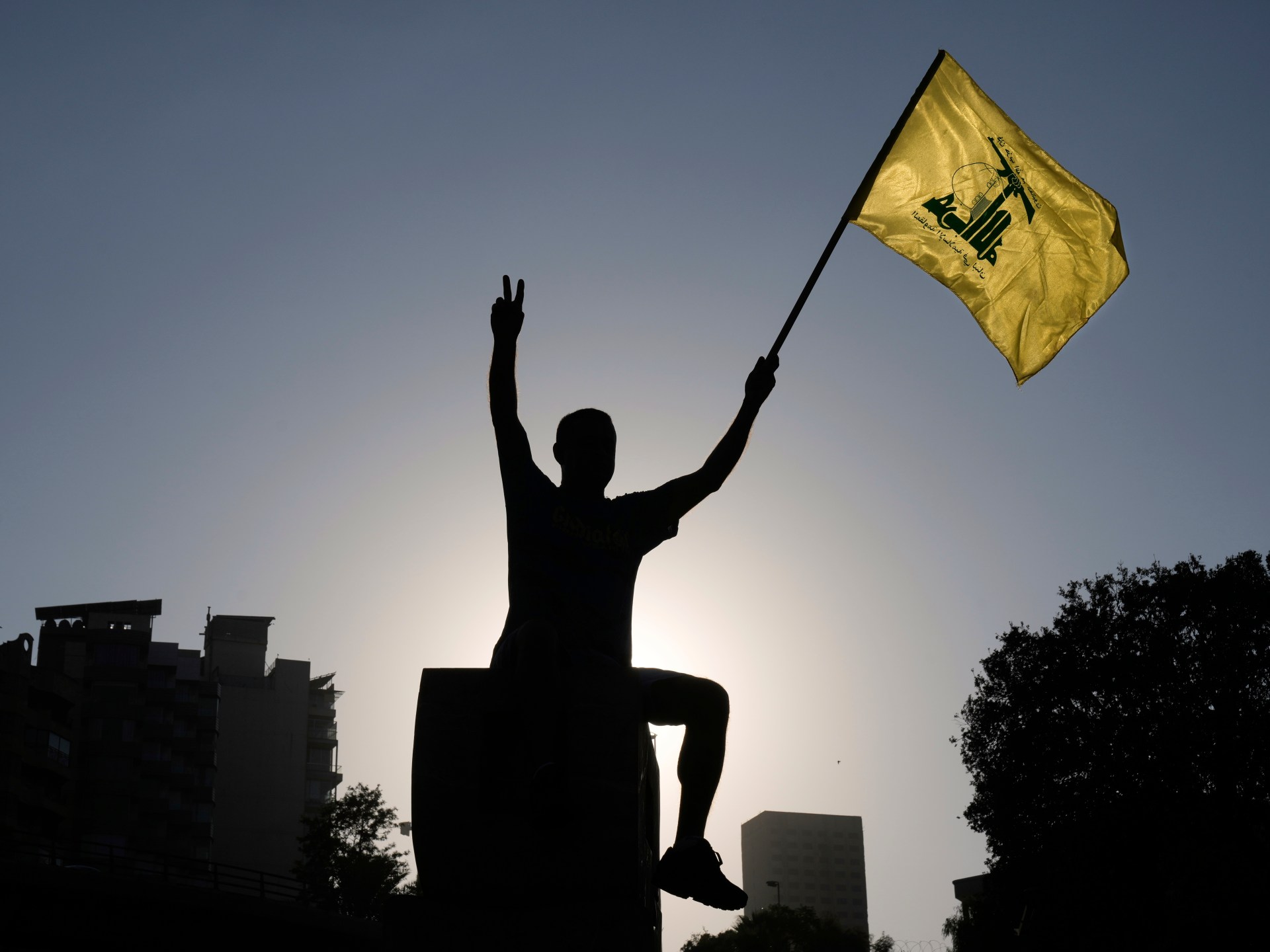Lebanon’s cabinet welcomes army plan to disarm Hezbollah, gives no timeline | Hezbollah News
Five Shia ministers walk out of cabinet debate as Hezbollah remains adamant it will hold onto its weapons.
Published On 5 Sep 2025
Lebanon’s army has presented a plan to the government’s cabinet to disarm Hezbollah, saying the military will begin executing it, as some ministers staged a walkout before the session began.
On Friday, Lebanon’s cabinet met for three hours, which included the plan’s presentation by army commander Rodolphe Haykal. The plan did not set a timeframe for implementation and cautioned that the army had limited capabilities.
Recommended Stories
list of 3 itemsend of list
Lebanese Information Minister Paul Morcos told reporters after the session that the government welcomed the plan, but stopped short of saying the cabinet had formally passed it.
He said the army would begin implementing the plan according to its logistical, material and personnel capabilities, which might require “additional time [and] additional effort”.
Morcos said the plan’s details would remain secret.
A national divide over Hezbollah’s disarmament has taken centre stage in Lebanon since last year’s devastating war with Israel, which upended a power balance long dominated by Hezbollah.
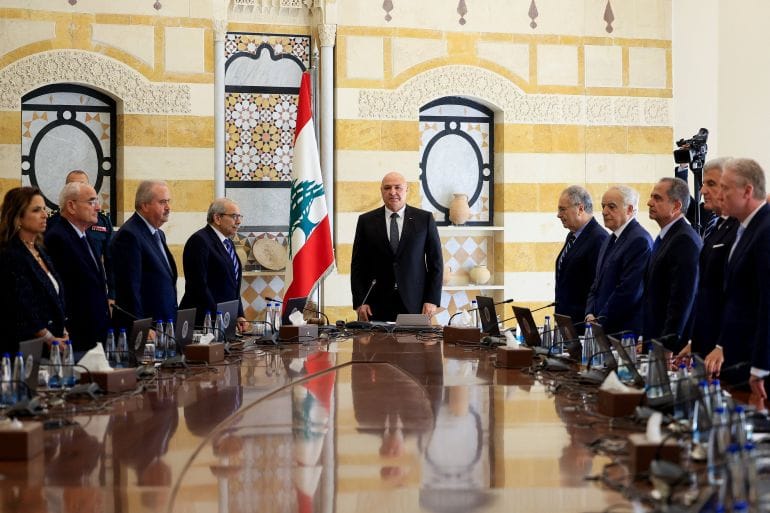
Five Shia ministers, including those from Hezbollah and its ally the Amal Movement, walked out of the cabinet meeting, with the Lebanese armed group adamant it will hold onto its weapons.
The walkout happened as Lebanon’s army chief Haykal entered the meeting to present a plan for disarming the group, local media reported.
Hezbollah and Amal ministers have now walked out of cabinet meetings three times over the disarmament issue.
Hezbollah-aligned Labor Minister Mohammad Haidar told local media before the cabinet’s session had concluded that any decision taken in the absence of Shia ministers would be null and void, as it would be considered in contravention of Lebanon’s sectarian power-sharing system.
Hezbollah Secretary-General Naim Qassem last month raised the spectre of civil war, warning the government against trying to confront the group and saying street protests were possible.
Military and political analyst Elijah Magnier says it is not possible for the Lebanese army to confront Hezbollah, adding that it did not “have the appetite to start a civil war”.
“It [also] doesn’t want a partition in the army, because the Shia members within the army would not side by the Lebanese army if it attacks Shia strongholds,” he told Al Jazeera.
Calls grow to disarm
The United States and Saudi Arabia, along with Hezbollah’s primarily Christian and Sunni opponents in Lebanon, have ramped up calls for the group to give up arms.
US Senators Jim Risch and Jeanne Shaheen, members of the US Senate Foreign Relations Committee, issued a joint statement in support of Hezbollah’s disarmament on Friday.
“Lebanon deserves a free, prosperous, and secure future. That will only be possible if Lebanon is freed from the influence of Hezbollah and the Iranian regime,” the senators said.
“We recognize that Lebanon’s government has made important progress in the past year, and we applaud the recent decision by Lebanon’s Council of Ministers to approve disarming militias in Lebanon. This commitment must be carried out to its full conclusion, including approving the Lebanese Armed Forces’ disarmament plan for Hezbollah.”
The bipartisan statement underscores growing pressure from Washington on Beirut to curb Hezbollah’s influence, a longstanding demand of both the US and international partners.
However, Hezbollah has pushed back, saying it would be a serious misstep to even discuss disarmament while Israel continues its air strikes on Lebanon and occupies swathes of territory in the south. Four people were killed in Israeli strikes on Lebanon on Wednesday.
Israeli forces have continued to carry out air attacks across Lebanon in near-daily violations of the November truce, causing deaths and injuries among civilians, including Syrian refugees, and destruction of properties and infrastructure.

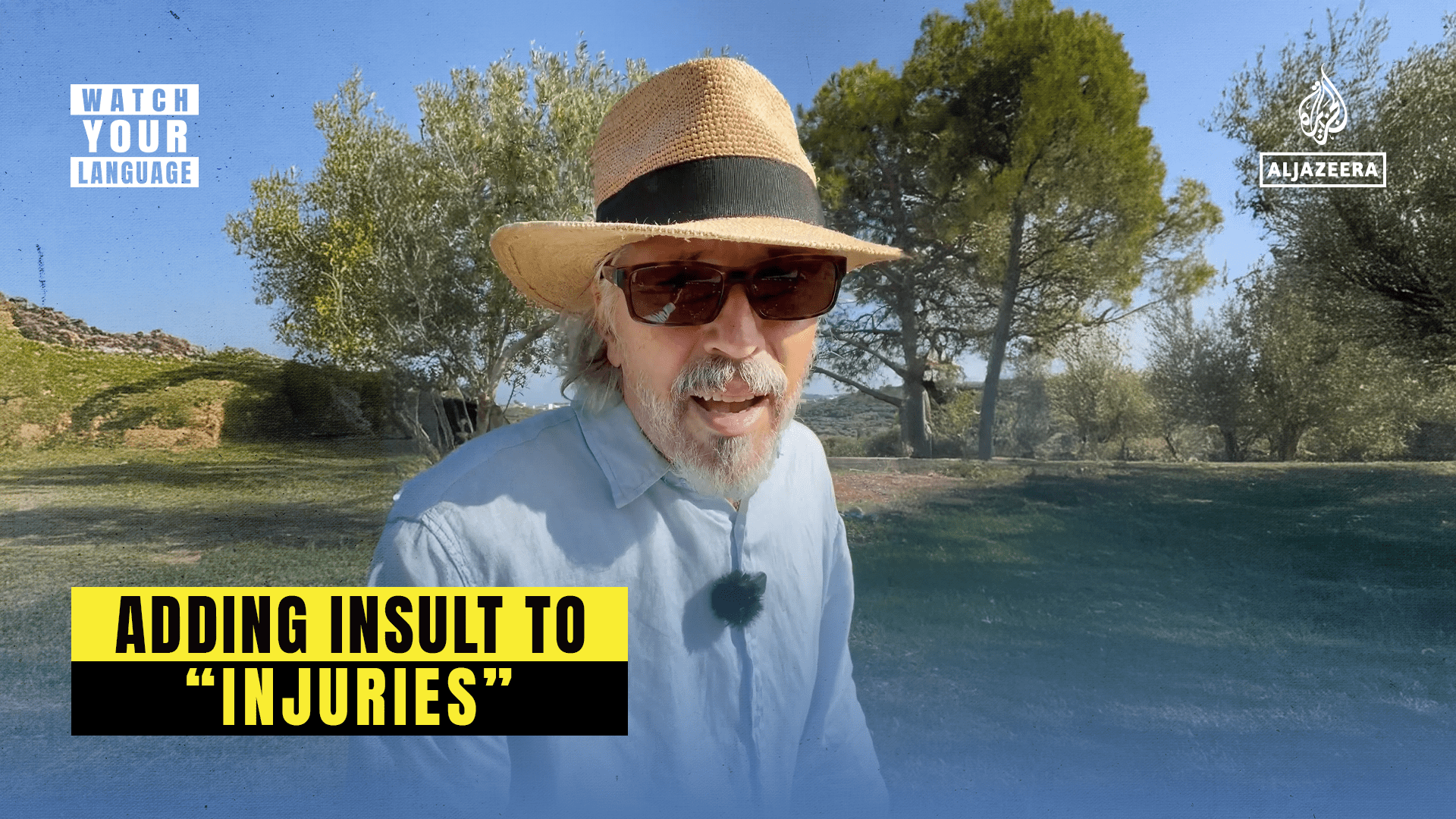

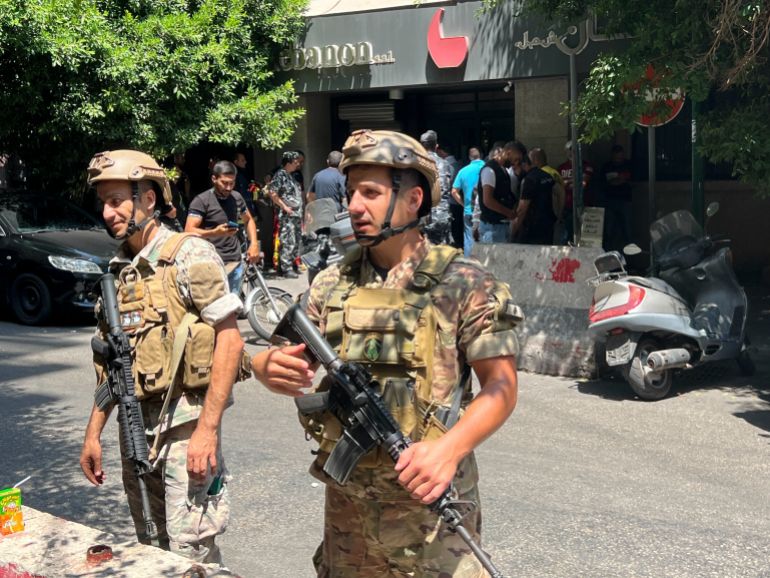
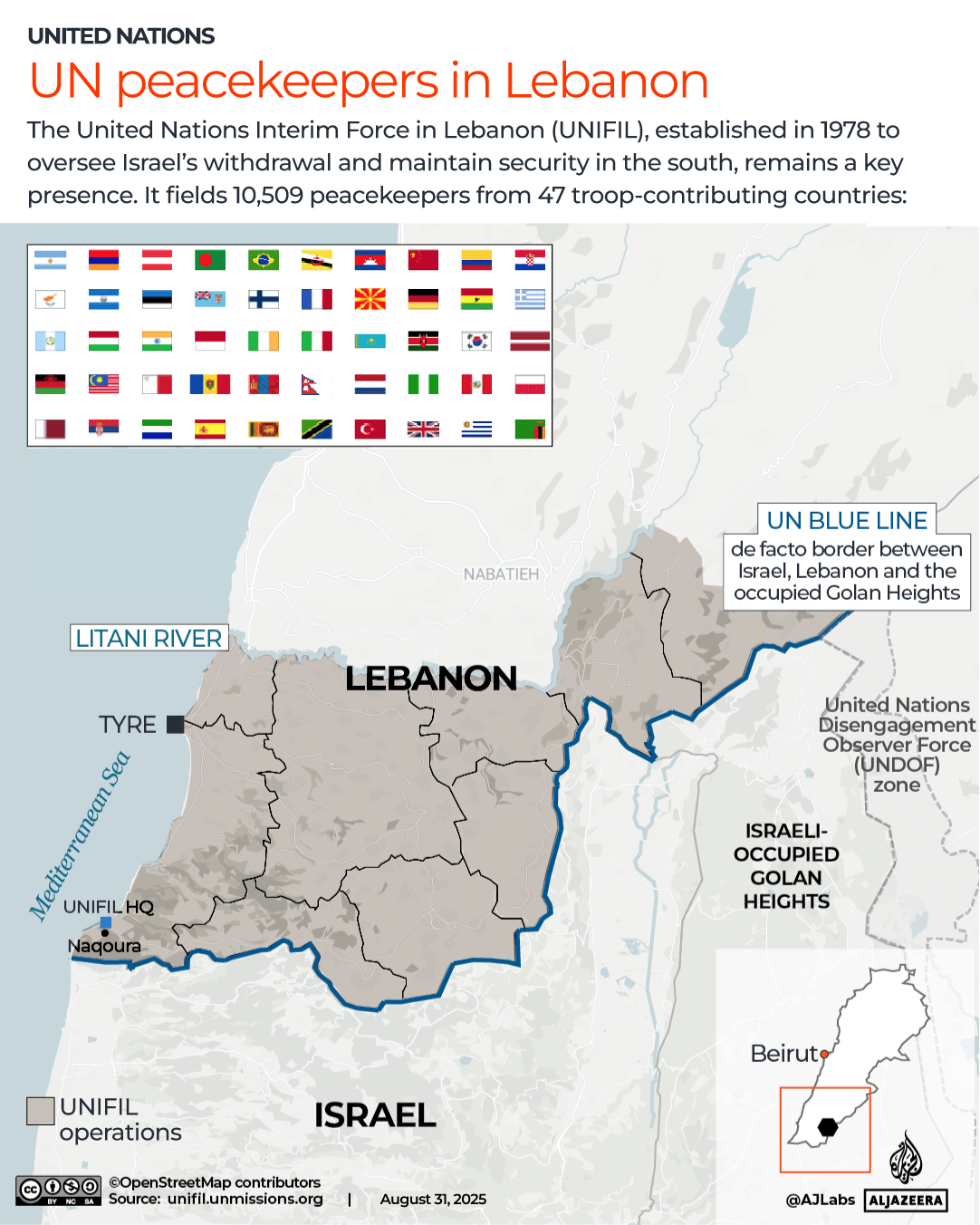
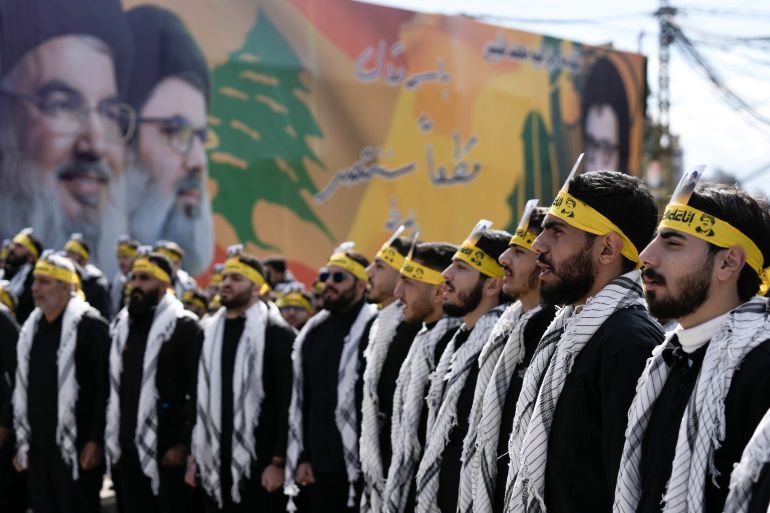
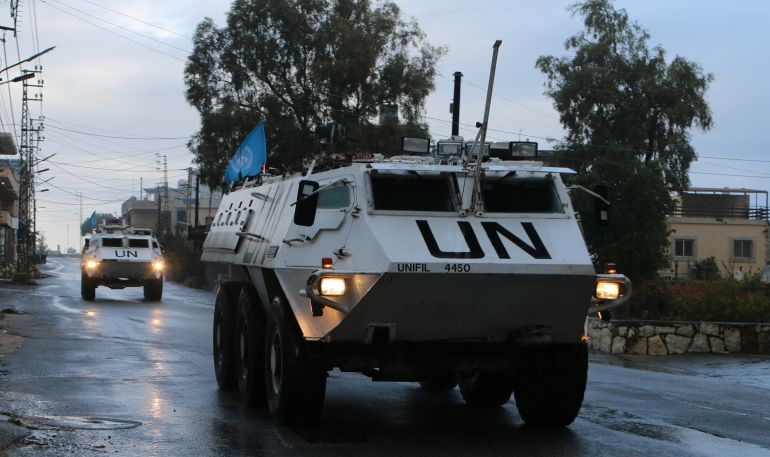
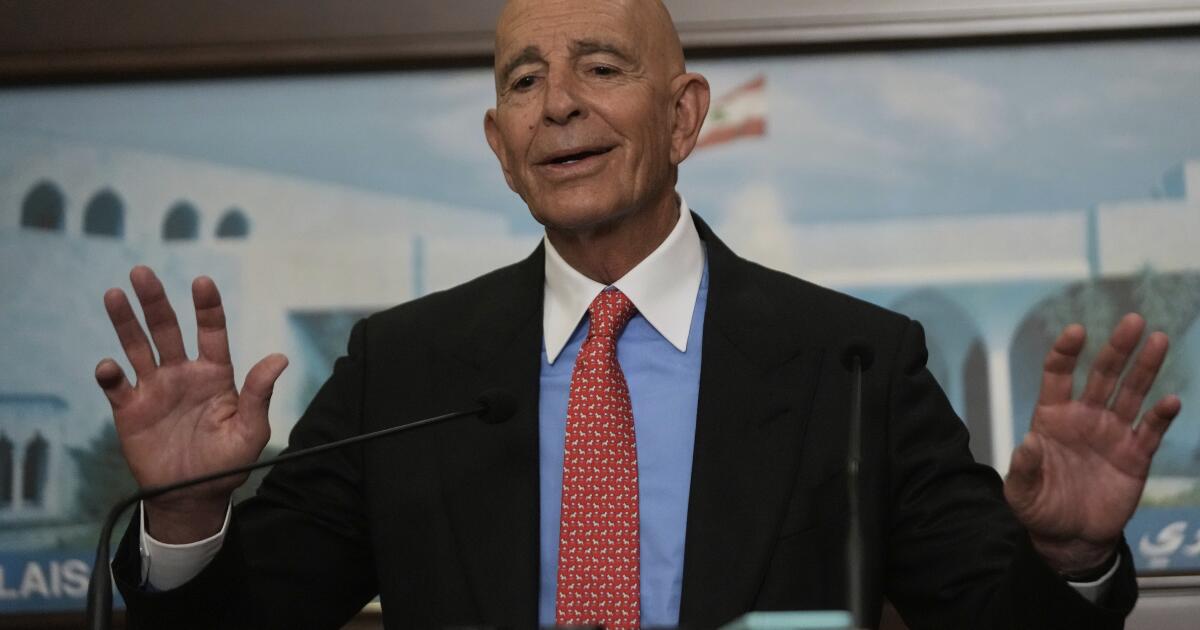
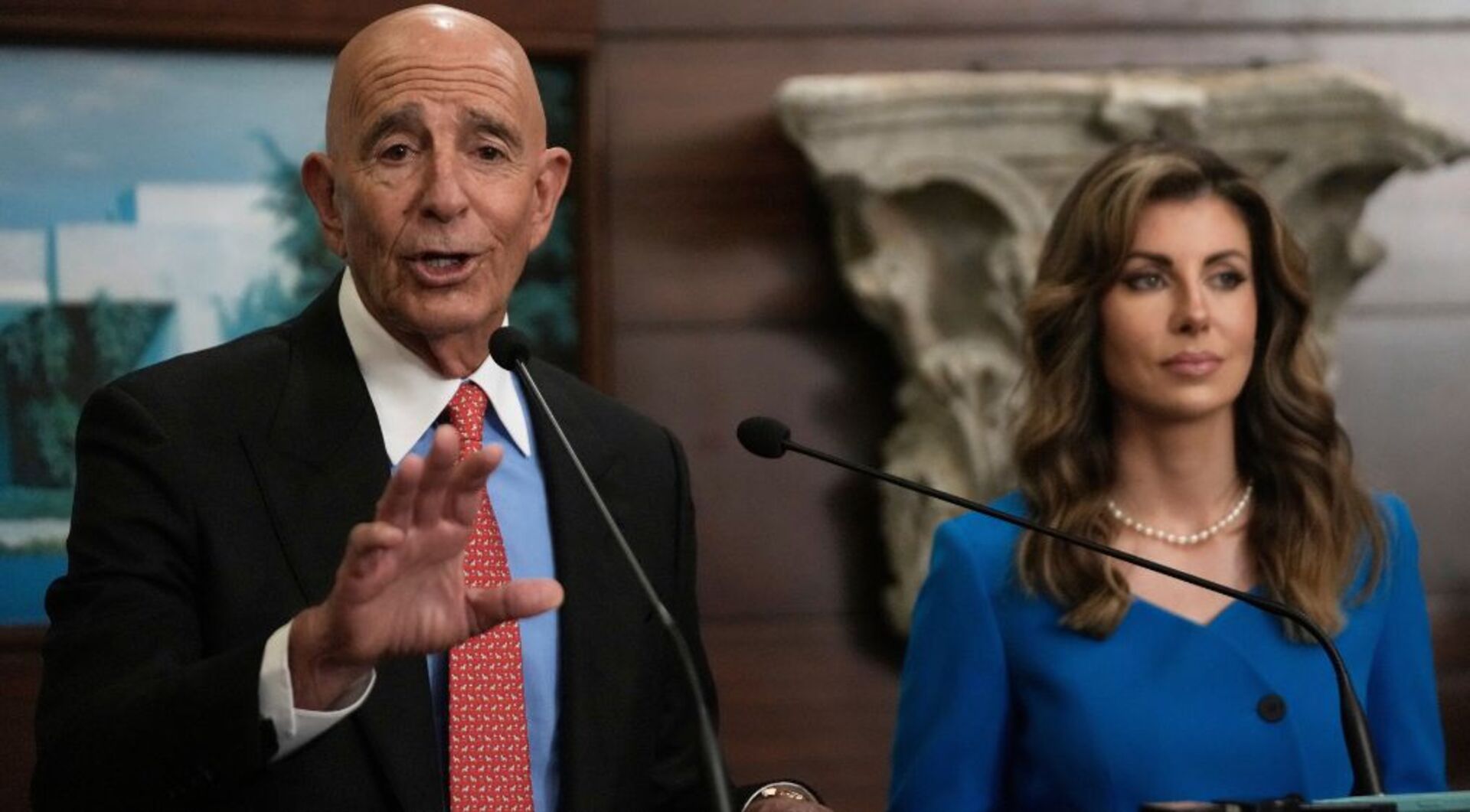
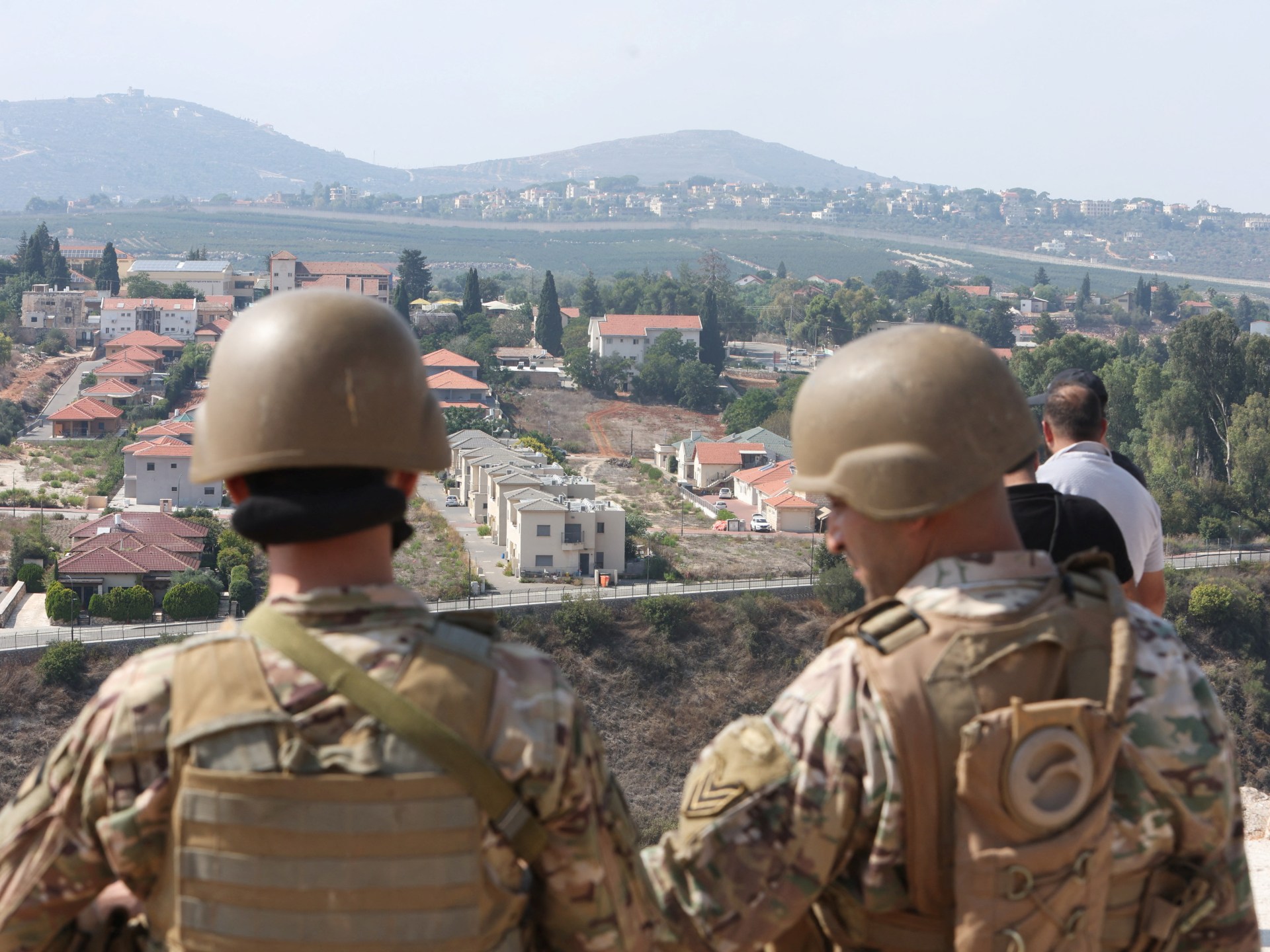
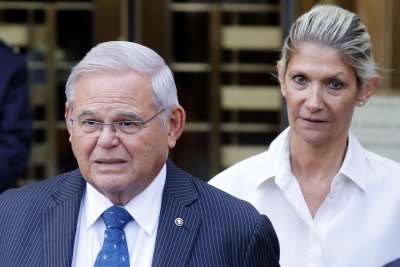

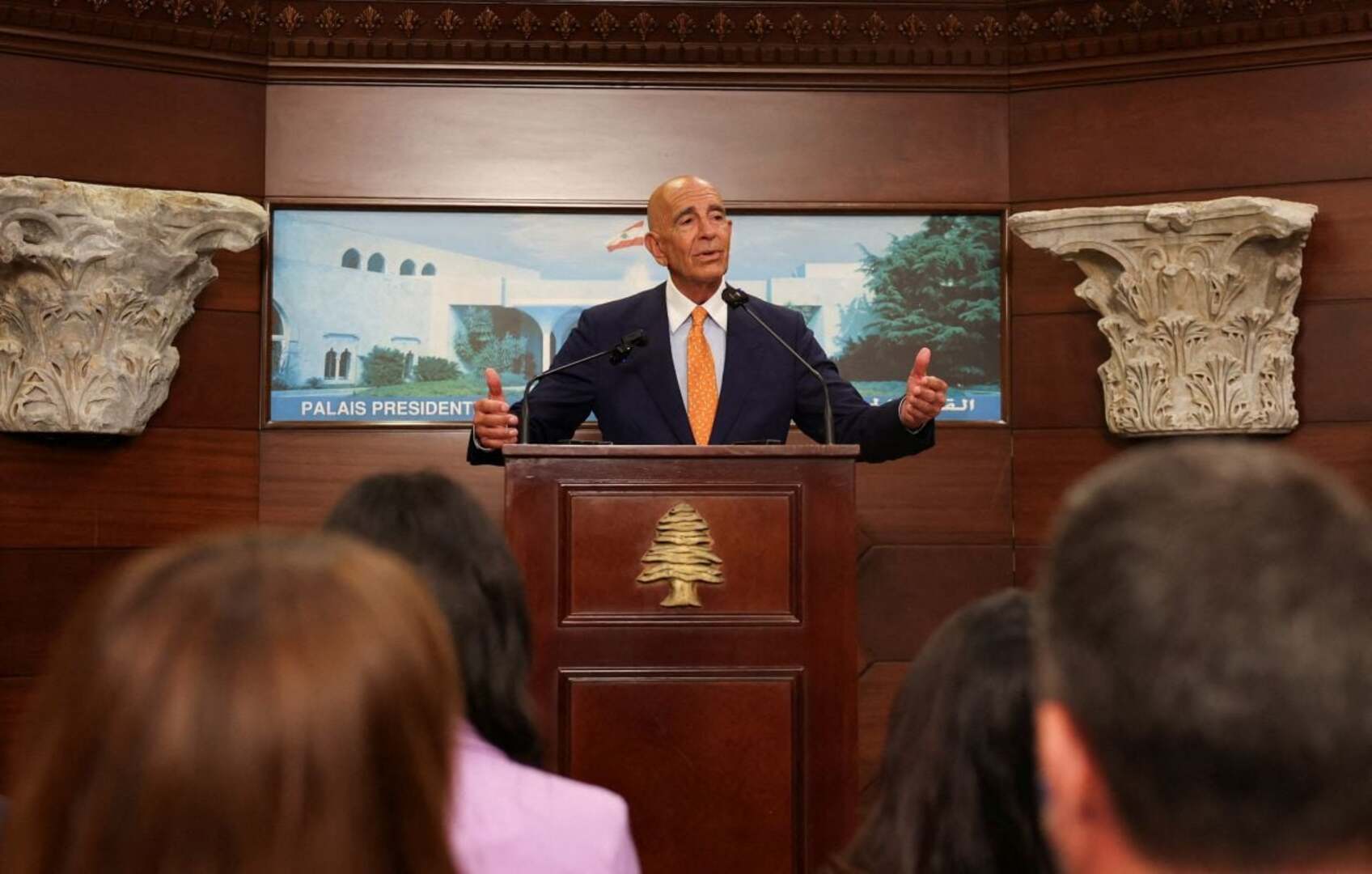
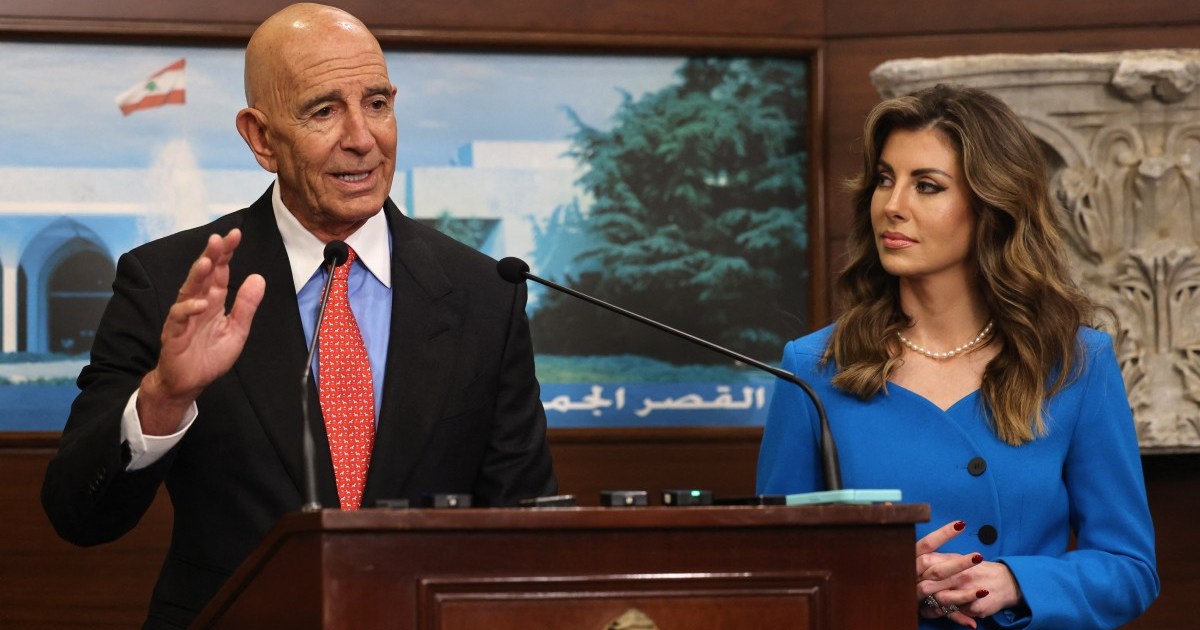
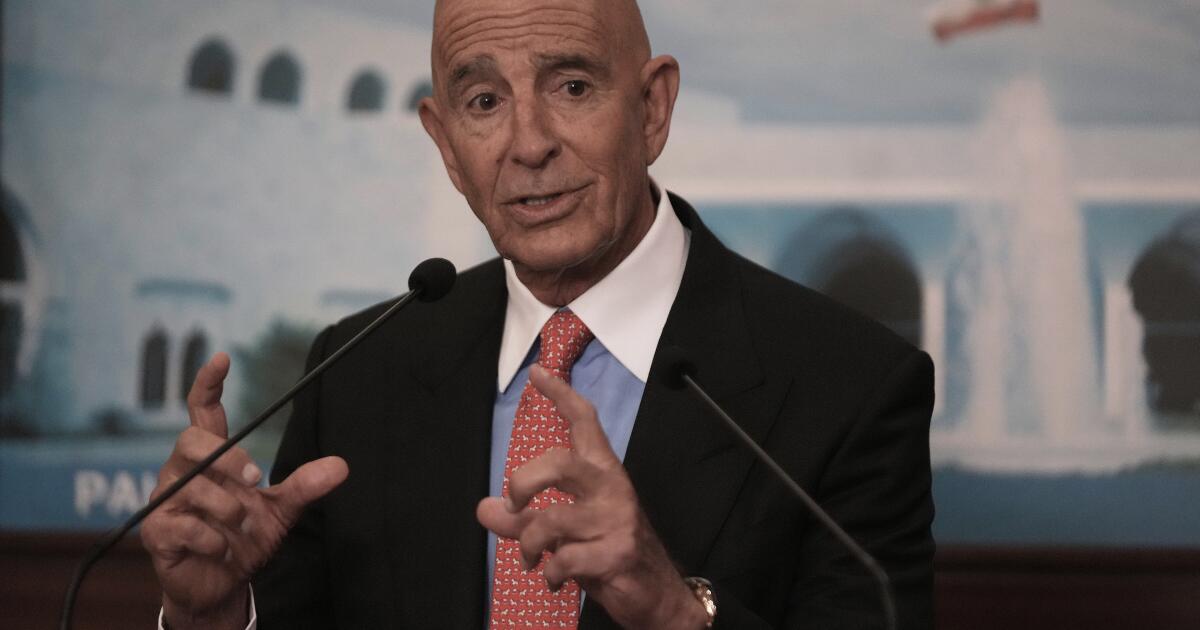
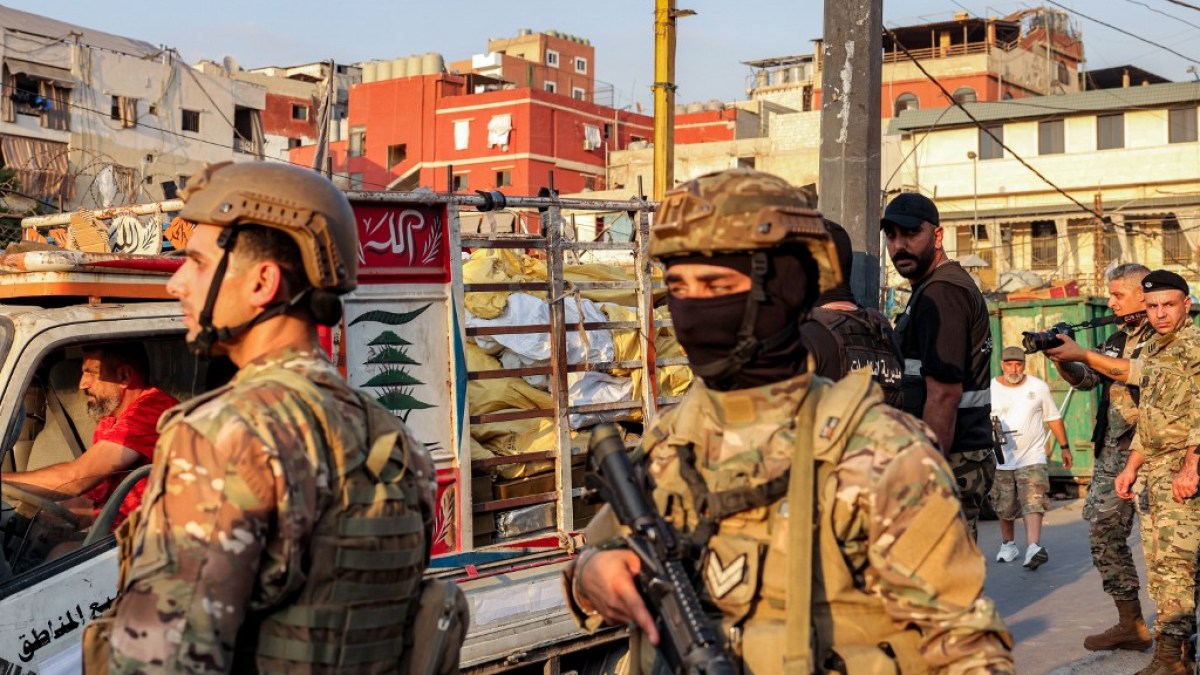
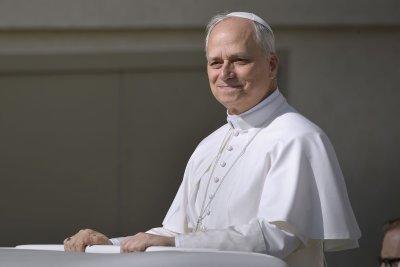

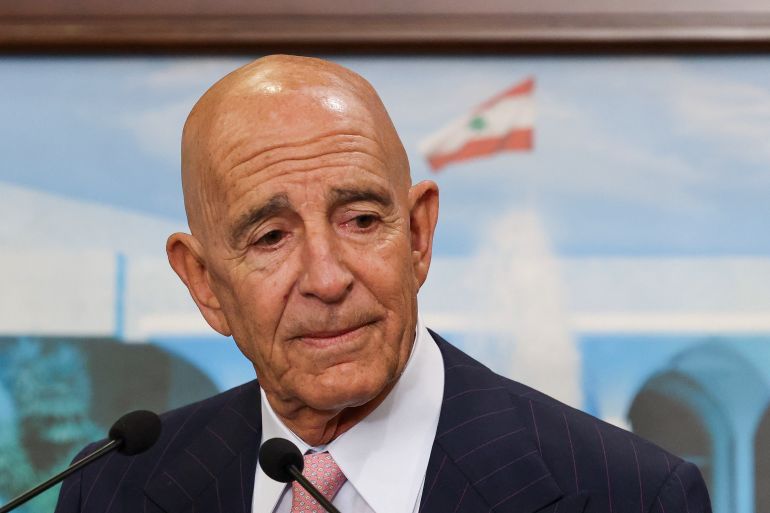

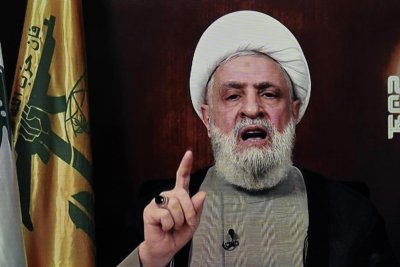

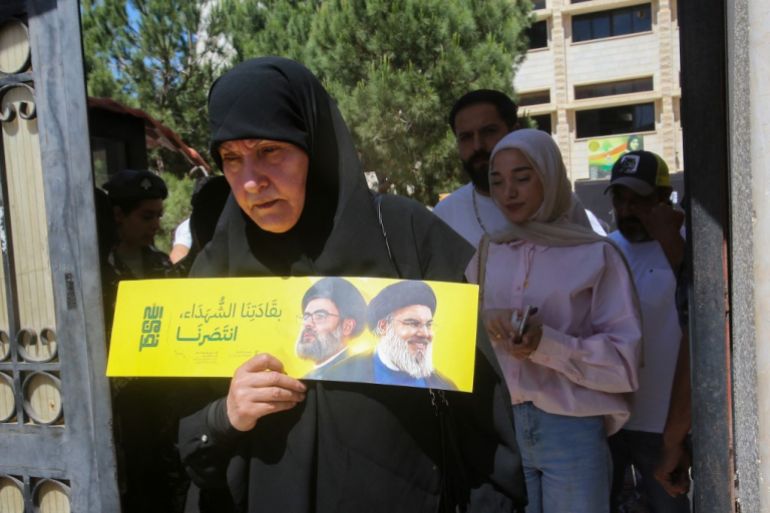
![A woman holds a flyer with portraits of slain Hezbollah leaders Hassan Nasrallah (R) and successor Hashem Safieddine (L) at a polling station in the municipal elections in Nabatieh in southern Lebanon on May 24, 2025. [Mahmoud Zayyat/AFP]](https://www.aljazeera.com/wp-content/uploads/2025/05/000_47YB2KF-1748088661.jpg?w=770&resize=770%2C513&quality=80)

